Infamous products that led to lawsuits
In the world of consumer products, innovation can sometimes lead to unintended consequences. Occasionally, a product that enters the market with high hopes ends up infamous for all the wrong reasons.
From fiery gadgets to legal quagmires, these products have made headlines not for their success but for their notable failures. Let’s dive into some fascinating stories of products that went awry.
The Explosive Hoverboards: A Fiery Fiasco
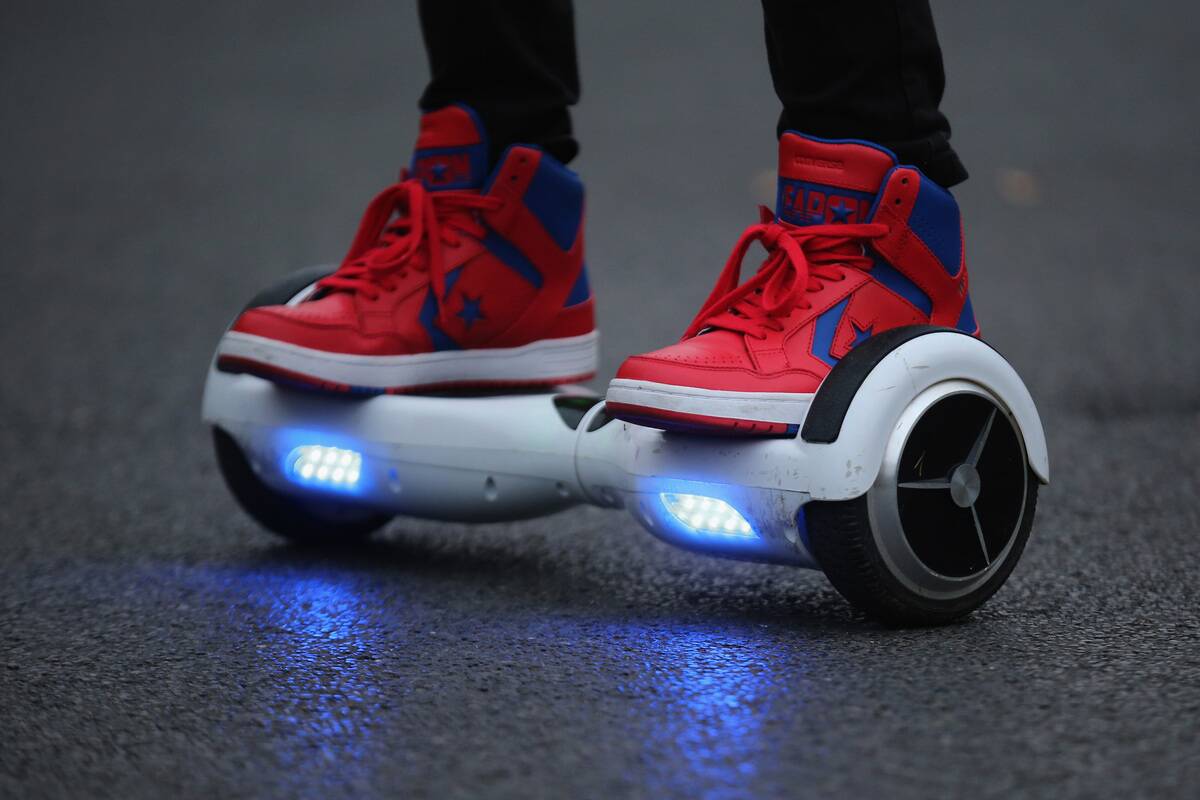
Hoverboards exploded onto the scene in 2015, touted as the must-have gadget of the year. Unfortunately, many of them literally exploded due to faulty lithium-ion batteries.
This led to a slew of recalls and bans, with the Consumer Product Safety Commission receiving over 60 reports of fires or explosions. What was once a futuristic dream quickly turned into a safety nightmare, leaving consumers wary of their hoverboard purchases.
McDonald’s Hot Coffee: A Not-So-Warm Reception
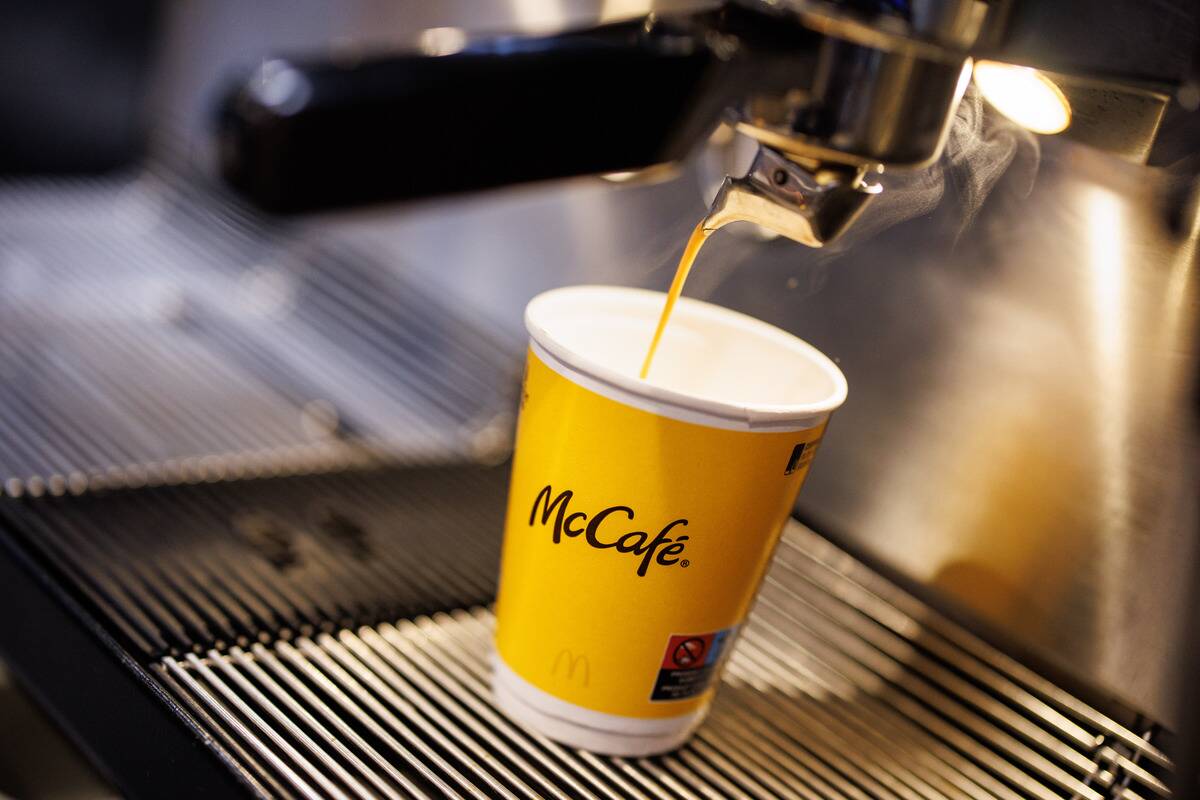
The infamous McDonald’s hot coffee lawsuit of 1992 became a landmark case in product liability. Stella Liebeck suffered third-degree burns when her coffee spilled, leading to a lawsuit against the fast-food giant.
The case highlighted how the coffee was served at dangerously high temperatures. It became a symbol of frivolous lawsuits for those who didn’t fully absorb the details of the case, but a larger lesson in corporate responsibility for serving safe products.
The Ford Pinto: A Car That Backfired
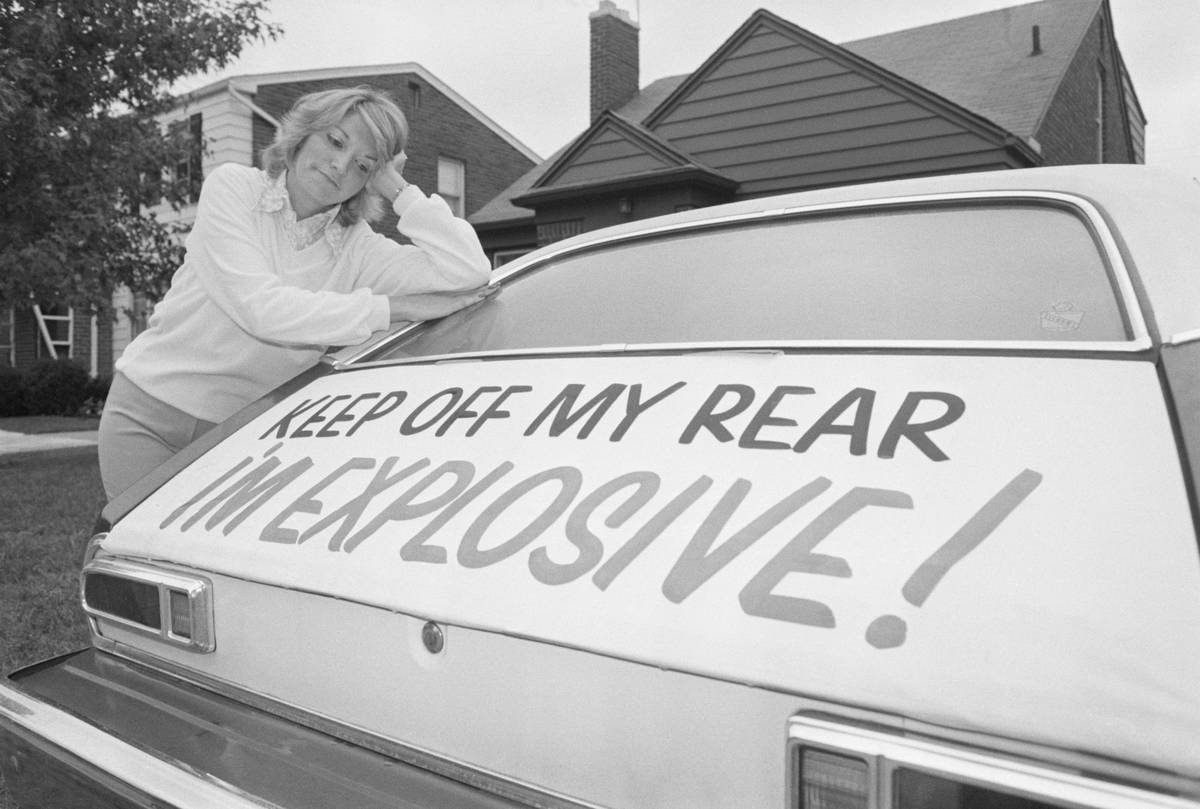
The Ford Pinto, released in the early 1970s, is notorious for its design flaw that made it prone to fiery explosions in rear-end collisions. Internal documents revealed that Ford had decided not to fix the flaw due to cost concerns, leading to public outrage.
The Pinto case became a classic example of cost-benefit analysis gone wrong, and it significantly impacted Ford’s reputation at the time.
Samsung Galaxy Note 7: A Sizzling Smartphone Saga
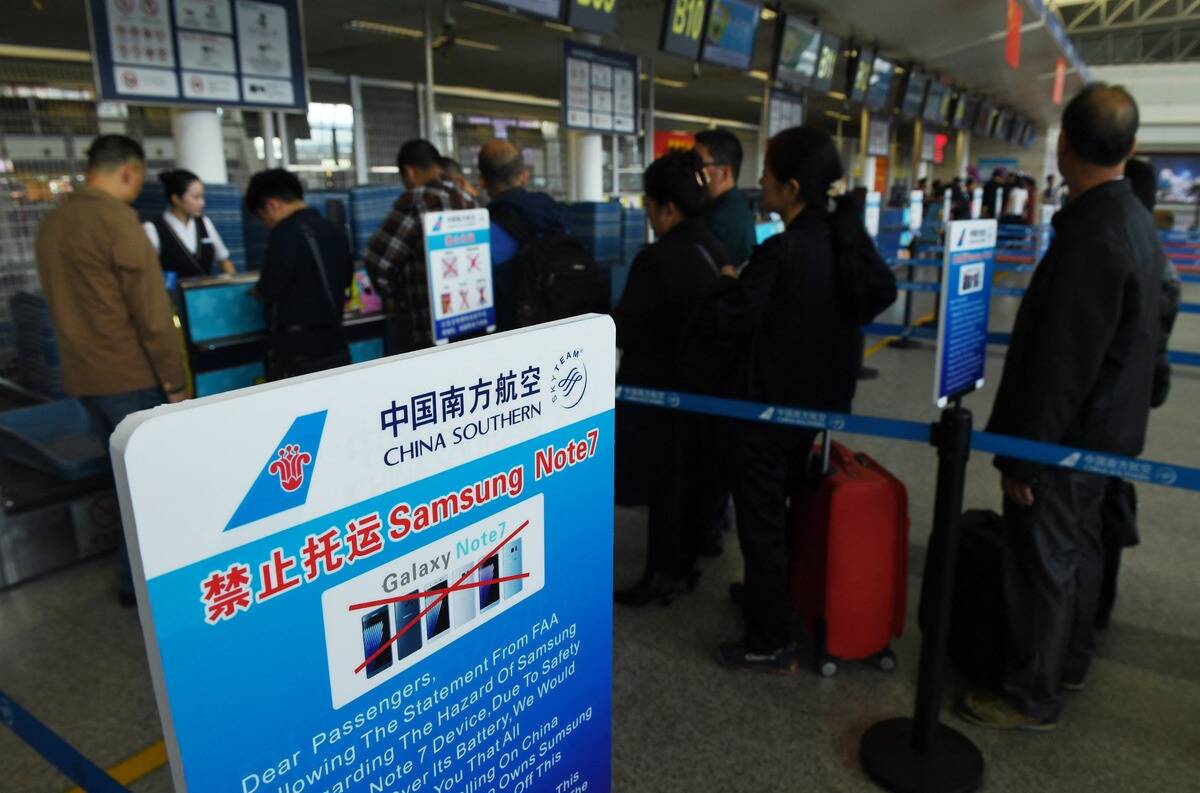
Samsung’s Galaxy Note 7 was expected to be a game-changer in the smartphone market. Instead, it gained notoriety for battery malfunctions that caused devices to overheat and catch fire.
The issue was serious enough for airlines to ban the phone on flights. Samsung eventually issued a global recall, costing the company billions and leaving a lasting mark on its brand image.
Peloton Treadmills: A Run Towards Legal Trouble
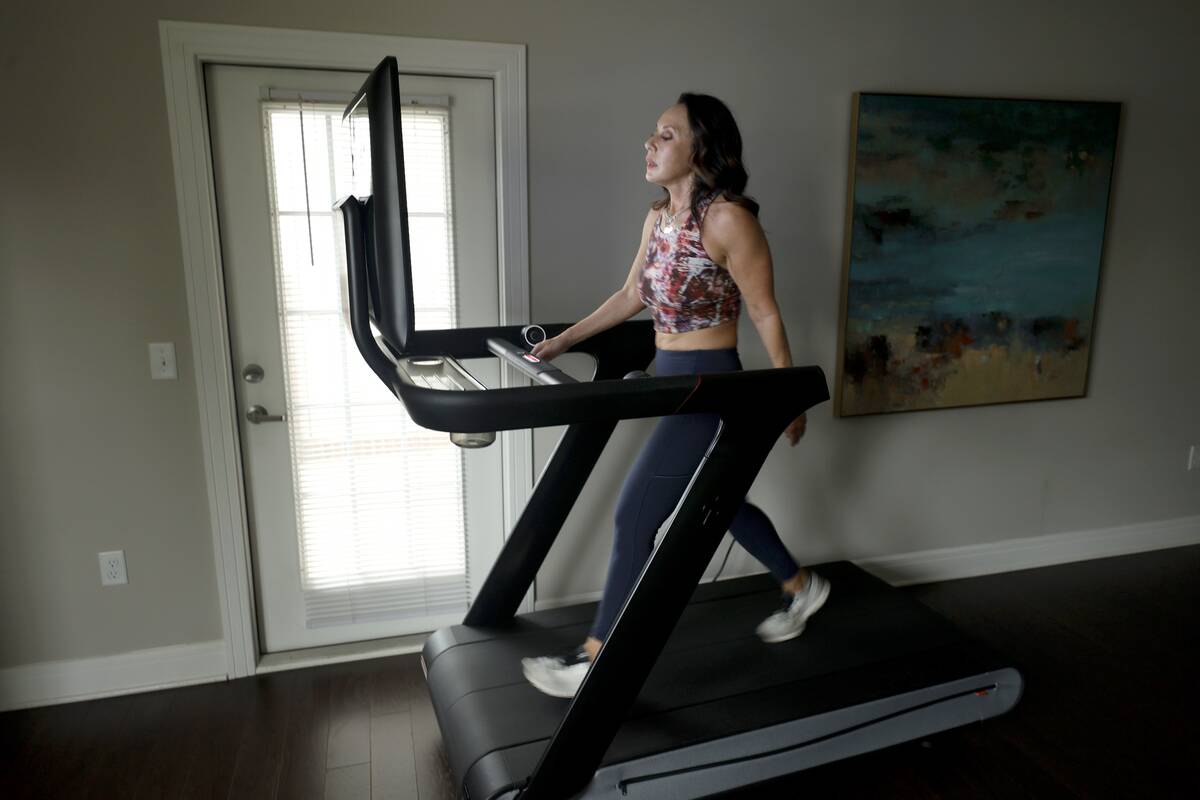
Peloton, famous for its interactive workout equipment, faced a significant hurdle with its treadmills. Reports of safety issues, including a tragic child fatality, led to widespread concern.
The Consumer Product Safety Commission issued warnings, and Peloton eventually recalled the treadmills. This incident highlighted the importance of rigorous safety standards and swift corporate action in response to consumer concerns.
The Volkswagen Emissions Scandal: A Polluted Reputation

Volkswagen’s emissions scandal, also known as “Dieselgate,” rocked the automotive world in 2015. The company admitted to using software to cheat emissions tests on diesel engines, affecting millions of vehicles worldwide.
This deceit led to billions in fines and a damaged reputation that Volkswagen is still working to rebuild. It was a stark reminder of the potential repercussions of corporate deception.
Google Glass: A Privacy Lawsuit Waiting to Happen
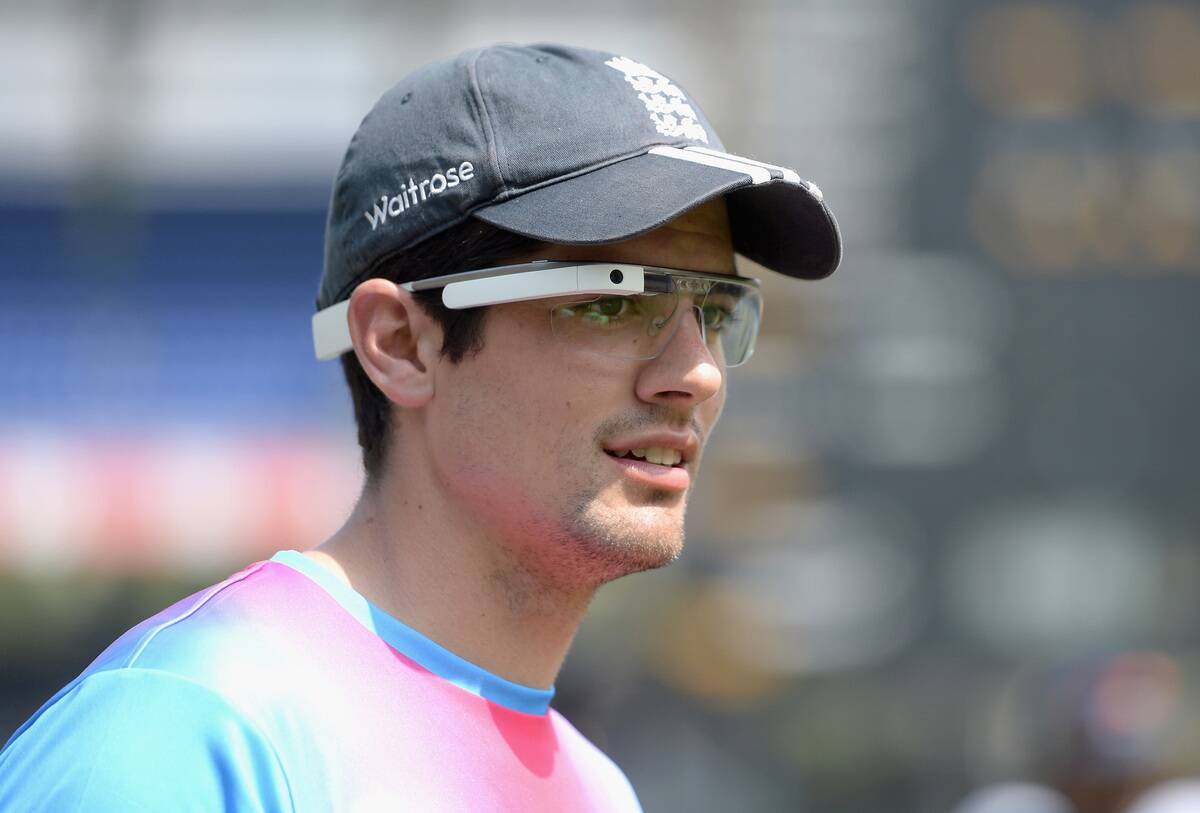
Google Glass, introduced in 2013, promised to bring augmented reality to everyday life. However, privacy concerns quickly overshadowed its launch, as the device could discreetly record videos and take photos.
This led to public backlash and legal challenges over privacy rights. Despite the initial excitement, Google Glass never gained mainstream acceptance, serving as a cautionary tale of technology outpacing societal readiness.
The Fitbit Rash: A Health Tracker Gone Wrong
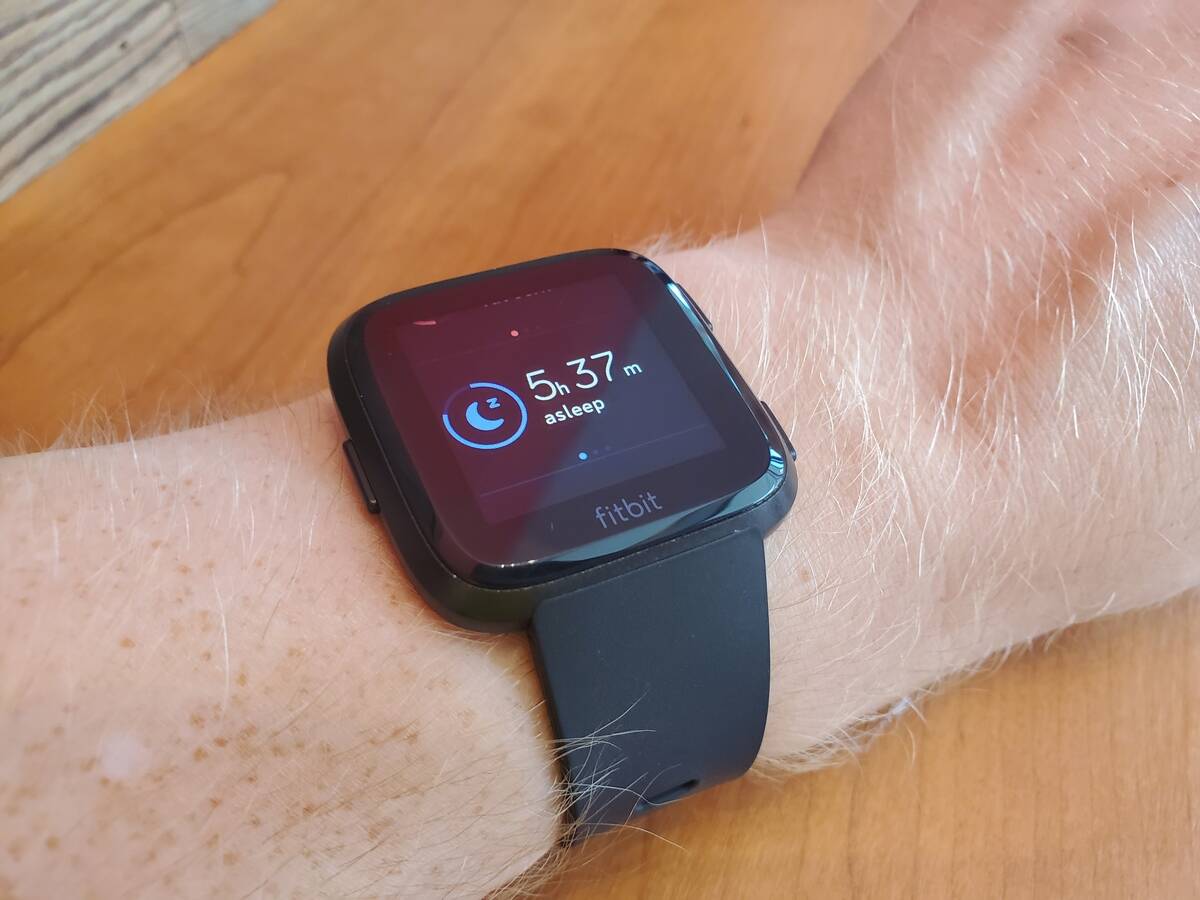
Fitbit, known for its fitness trackers, faced a rash of complaints, quite literally, when users reported skin irritation from the Fitbit Force model.
The company issued a voluntary recall in 2014 after consumer reports of rashes and discomfort. While Fitbit quickly addressed the issue, it was a reminder of the potential pitfalls in wearable technology and the need for thorough product testing.
Apple’s “Error 53”: A Byte of Legal Action
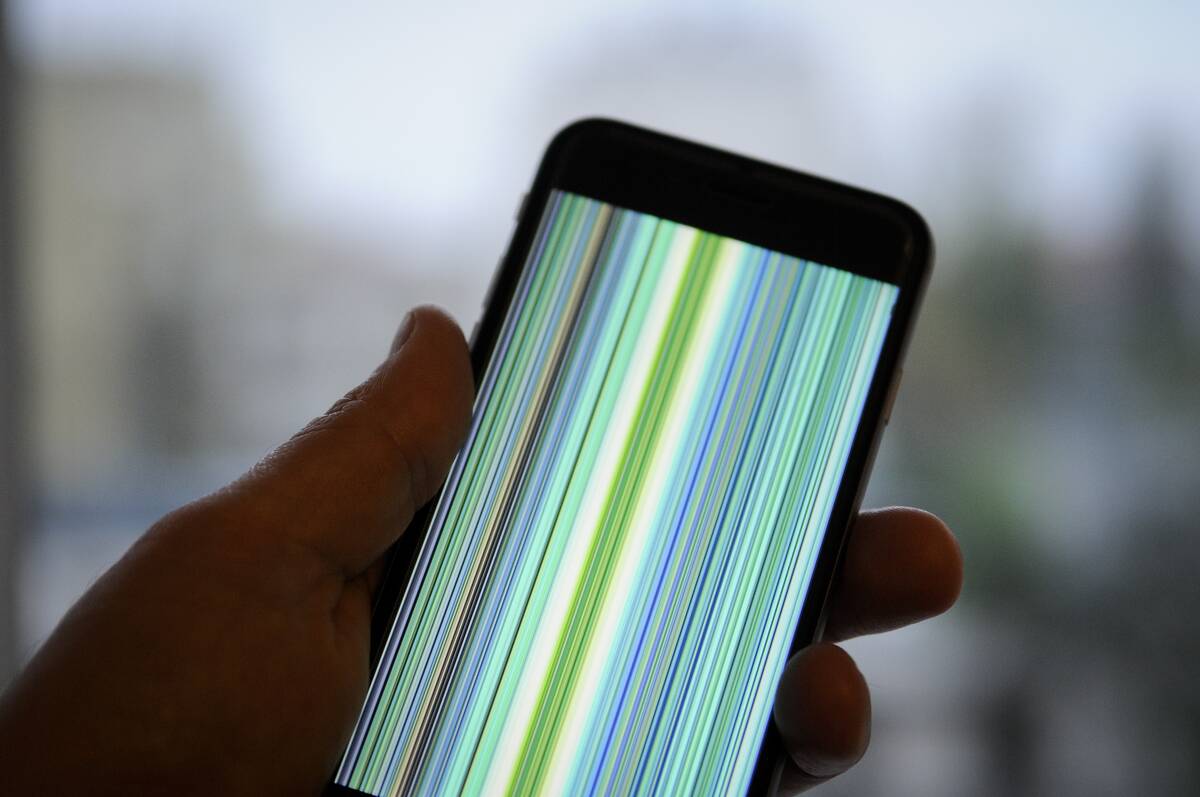
Apple found itself in hot water in 2016 when the “Error 53” issue bricked iPhones that had been repaired by third-party technicians. This error rendered devices unusable, sparking lawsuits and public outcry over consumer rights.
Apple was forced to release a software update to fix the problem and faced scrutiny over its repair policies. The incident highlighted the tension between tech companies and consumer repair rights.
The Theranos Blood Test: A Drop of Deception

Theranos promised revolutionary blood testing with just a finger prick, but the reality was far from the hype. Investigations revealed that the technology was flawed and inaccurate, leading to the company’s downfall.
Founder Elizabeth Holmes faced legal charges, and Theranos became a symbol of Silicon Valley’s “fake it ’til you make it” culture gone wrong. It serves as a cautionary tale about the importance of scientific validation.
Taco Bell’s “Seasoned Beef”: A Meaty Misunderstanding
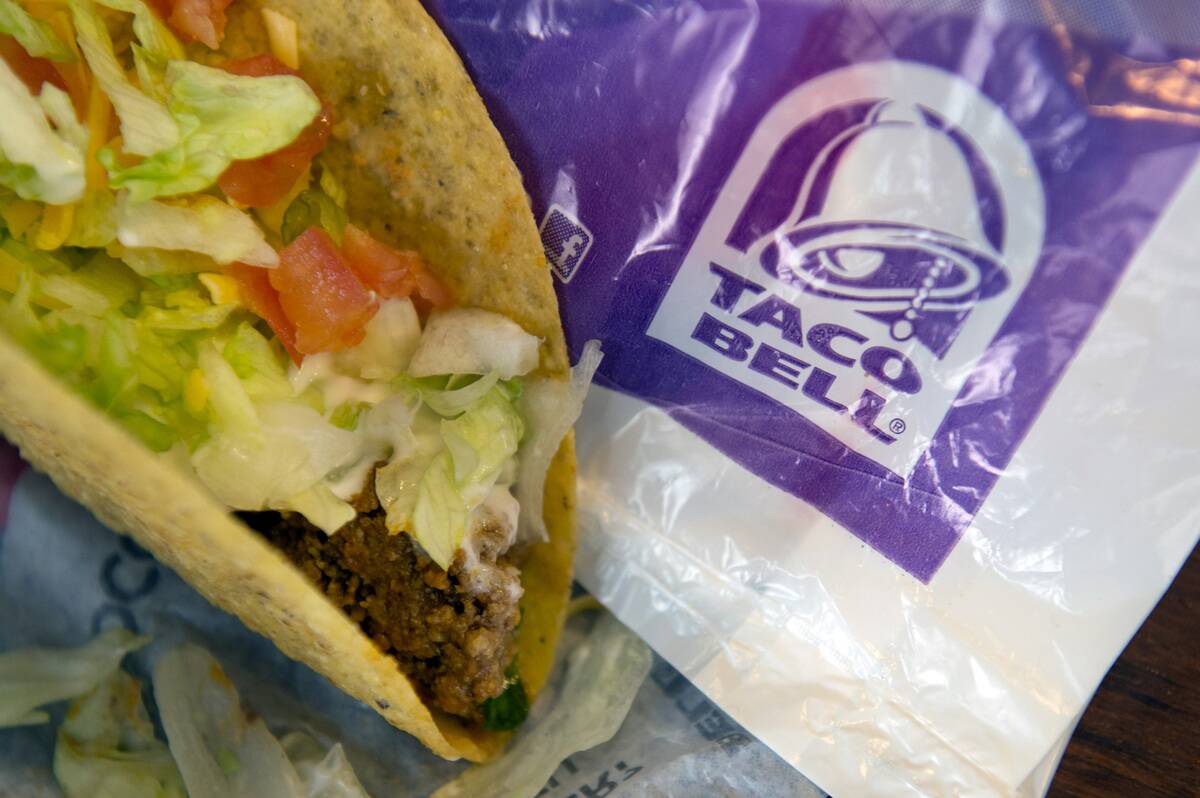
In 2011, Taco Bell faced a lawsuit claiming that its “seasoned beef” didn’t meet the minimum requirements to be labeled as beef. The case was eventually dropped, but it spurred a public discussion on food labeling and transparency.
Taco Bell stood by its product, launching a marketing campaign to clarify its ingredients. The incident underscored the importance of clear communication between companies and consumers.
Facebook’s Facial Recognition: A Case of Identity Crisis
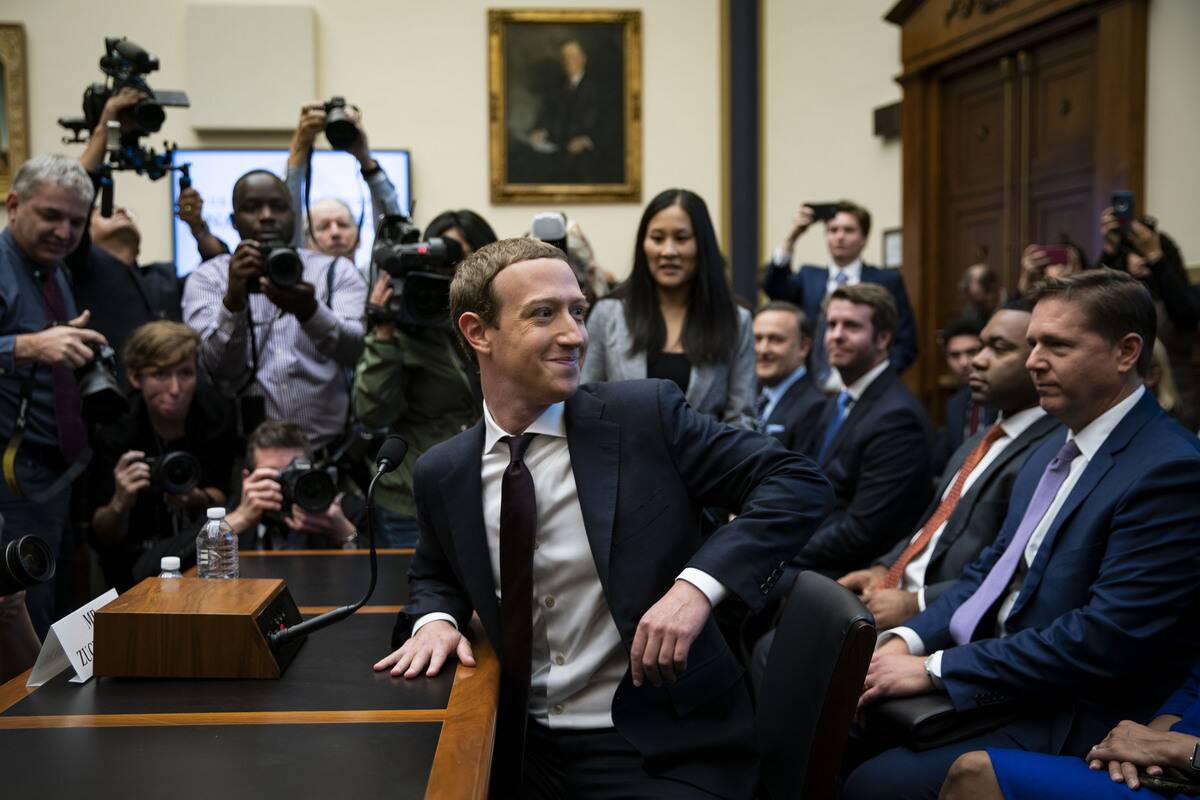
Facebook’s facial recognition technology faced legal scrutiny over privacy concerns, particularly in Illinois, due to the state’s strict biometric privacy laws. The social media giant eventually settled a class-action lawsuit for $650 million in 2020.
This case highlighted the growing tension between technological advancements and individual privacy rights, prompting companies to rethink their data handling practices.
The Segway: A Lawsuit Waiting to Roll Over
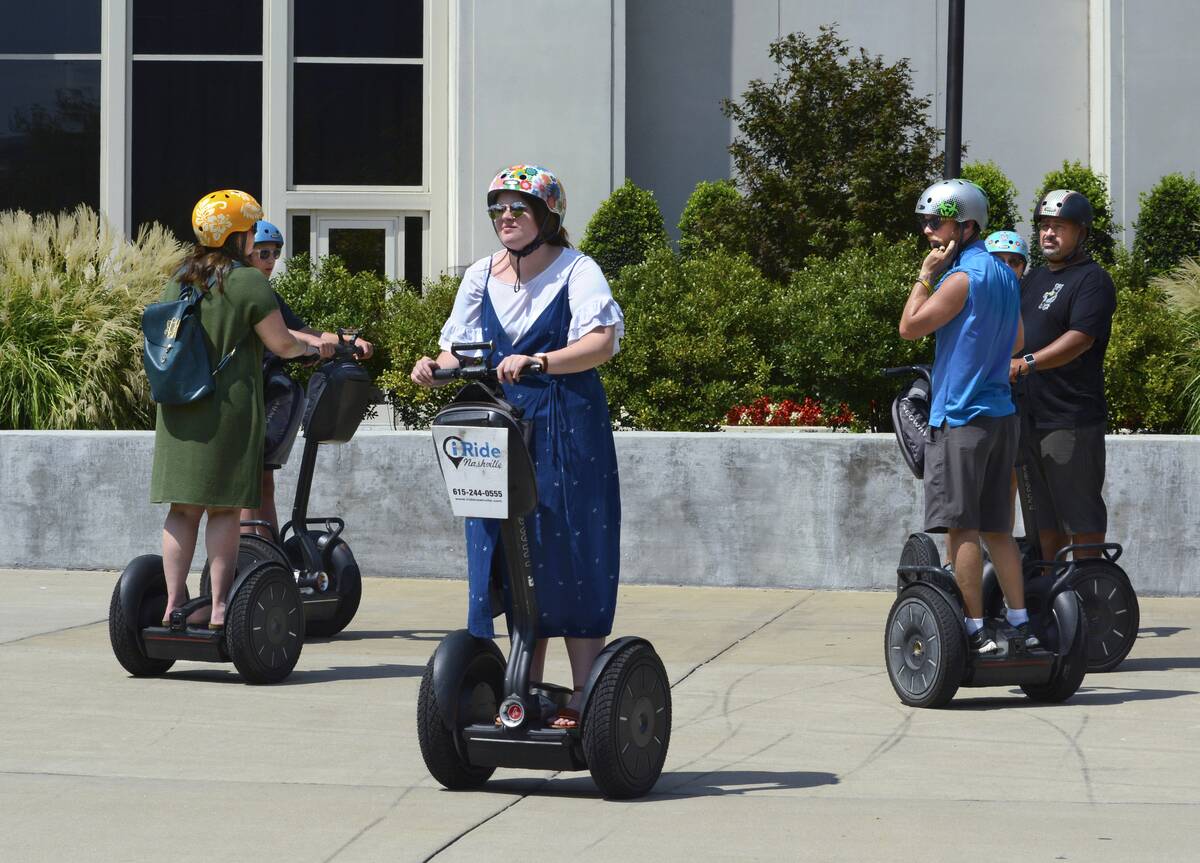
The Segway was introduced in 2001 with much fanfare as a revolutionary personal transportation device. However, it never achieved mainstream success and became more known for accidents and legal issues.
The Segway’s inventor, Dean Kamen, envisioned it transforming urban transport, but safety concerns and regulations limited its appeal. Despite its initial hype, the Segway remains a niche product rather than a transportation staple.
Red Bull’s “Gives You Wings”: A Legal Flight of Fancy
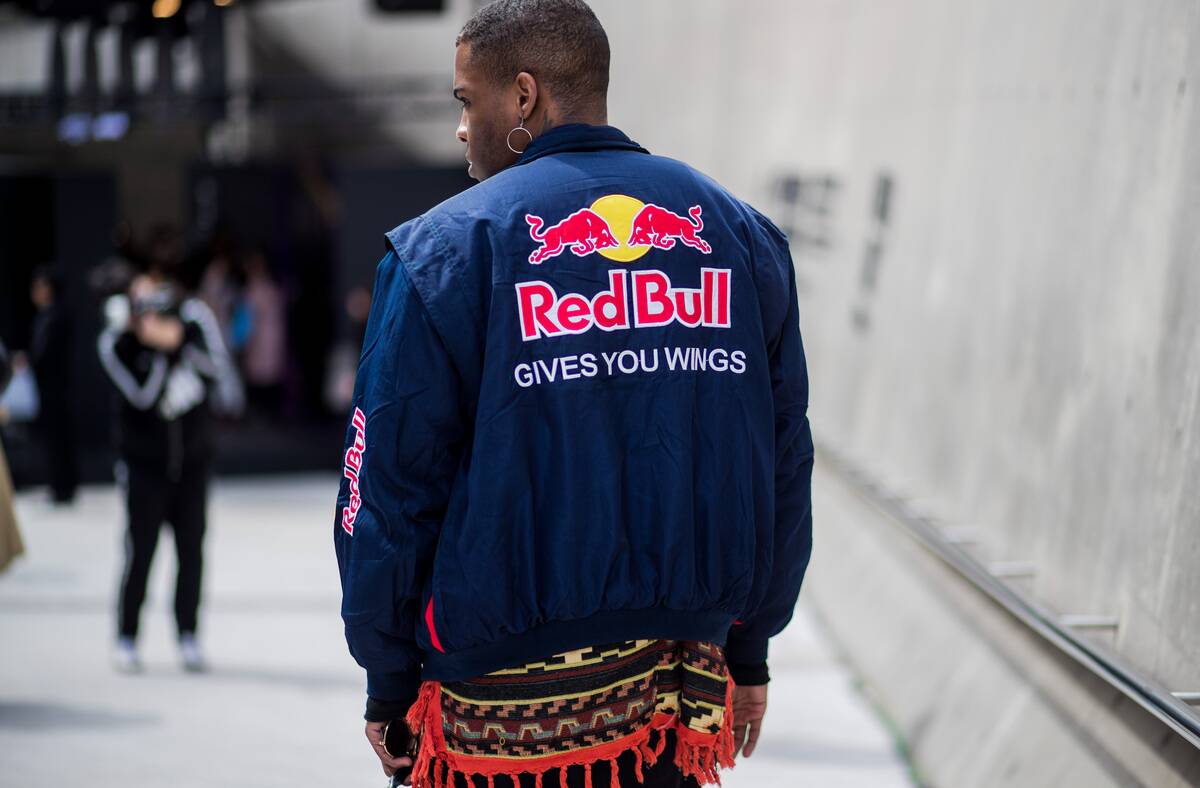
Red Bull’s famous slogan, “Gives You Wings,” led to a class-action lawsuit in 2014. Claimants argued that the energy drink’s marketing was misleading, as it didn’t provide the promised physical or mental boost.
Red Bull settled the lawsuit for $13 million and agreed to modify its advertising. This case serves as a reminder of the importance of truthful marketing and the potential repercussions of overstated advertising claims.
The Olestra Chips: A Snack That Didn’t Sit Well
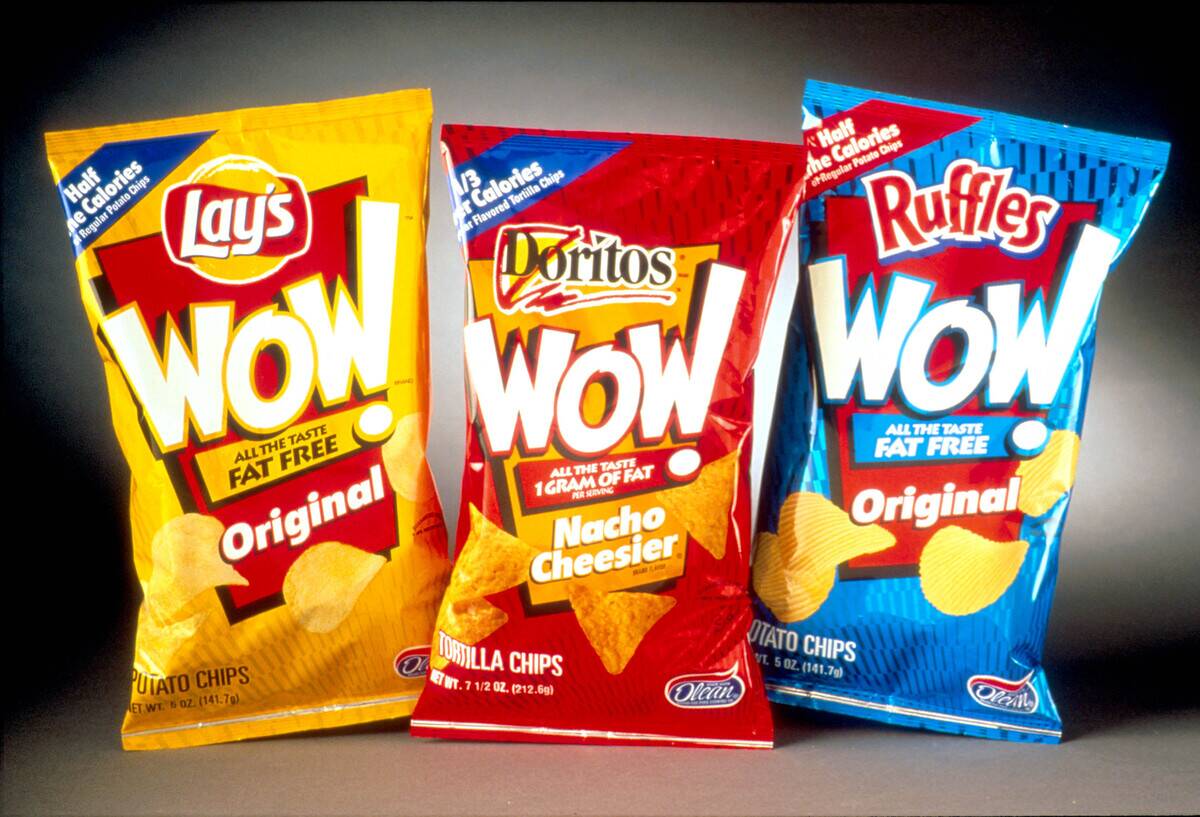
Olestra, a fat substitute used in snack foods like potato chips, was introduced in the 1990s as a way to enjoy guilt-free snacking. However, it soon became infamous for causing digestive issues in some consumers.
The FDA required products containing Olestra to carry a warning label about potential side effects. This case highlights the challenges of balancing innovation in food products with consumer health and safety.
The Epic Games Fortnite: A Dance of Copyright Battles

Epic Games found itself in a legal dance-off over its popular game Fortnite, specifically regarding the use of dance moves. Several artists and celebrities claimed that Fortnite was using their signature dances without permission.
The resulting lawsuits brought attention to the complexities of copyright in the digital age. While some cases were dismissed, they sparked a conversation about intellectual property rights in gaming and entertainment.



